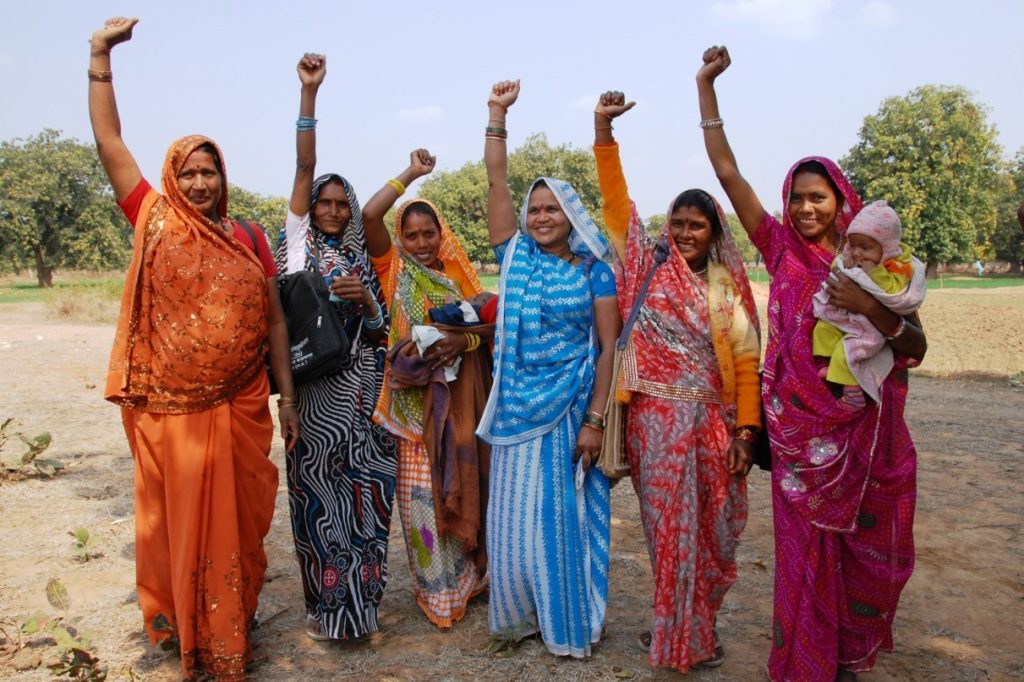
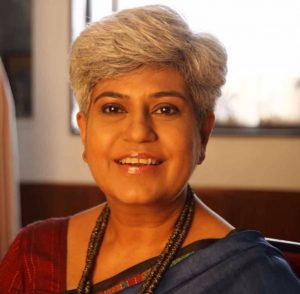
Women empowerment can be defined as promoting women’s sense of self-worth, their ability to determine their own choices, and their right to influence social change for themselves and others. It is closely aligned with a fundamental human right that is also key to achieving a more peaceful, prosperous world. Women empowerment and promoting women’s rights have emerged as a major global movement that’s breaking new ground in recent years. But despite much progress, women and girls continue to face discrimination and violence in every part of the world.
Created in a collaboration between the UN Global Compact and UN Women, the Women Empowerment Principles are used to empower women in the marketplace, workplace and community.
The Seven Principles are:
- Principle 1: Create high-level corporate leadership for gender equality
- Principle 2: Treat all people fairly at work, respecting and supporting non-discrimination and human rights
- Principle 3: Ensure the health, wellbeing and safety of all workers, whether male or female
- Principle 4: Promote education, training and professional development for women
- Principle 5: Implement supply chain, marketing practices and enterprise development that empower women
- Principle 6: Champion equality through community initiatives and advocacy
- Principle 7: Measure and report publicly on progress to create gender equality
In the developing world, girls and women are regarded as less valuable than boys/men. Instead of being sent to school, they are often made to do domestic work at home or are married off for a dowry before they are adults. As many as 12 million underage girls are married every year. While some progress is underway in various parts of the world, there is still a great deal left to be done to right the problems of gender inequality.

Gender equality is a basic human right, and it is also fundamental to have a peaceful, prosperous world. But girls and women continue to face significant challenges all around the world. Women are underrepresented in power and decision-making roles. They receive unequal pay for equal work and often face legal and other barriers that affect their opportunities at work.
In the developing world, girls and women are regarded as less valuable than boys/men. Instead of being sent to school, they are often made to do domestic work at home or are married off for a dowry before they are adults. As many as 12 million underage girls are married every year. While some progress is underway in various parts of the world, there is still a great deal left to be done to right the problems of gender inequality.
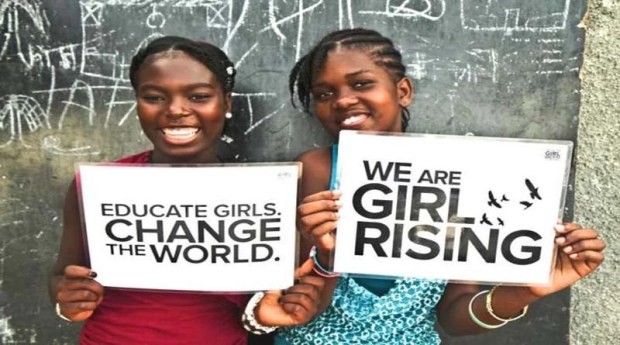 Empowering women is essential to the health and social development of families, communities and countries.
Empowering women is essential to the health and social development of families, communities and countries.
Women can reach their full potential when they are living safe, fulfilled and productive lives. They can help fuel sustainable economies and benefit 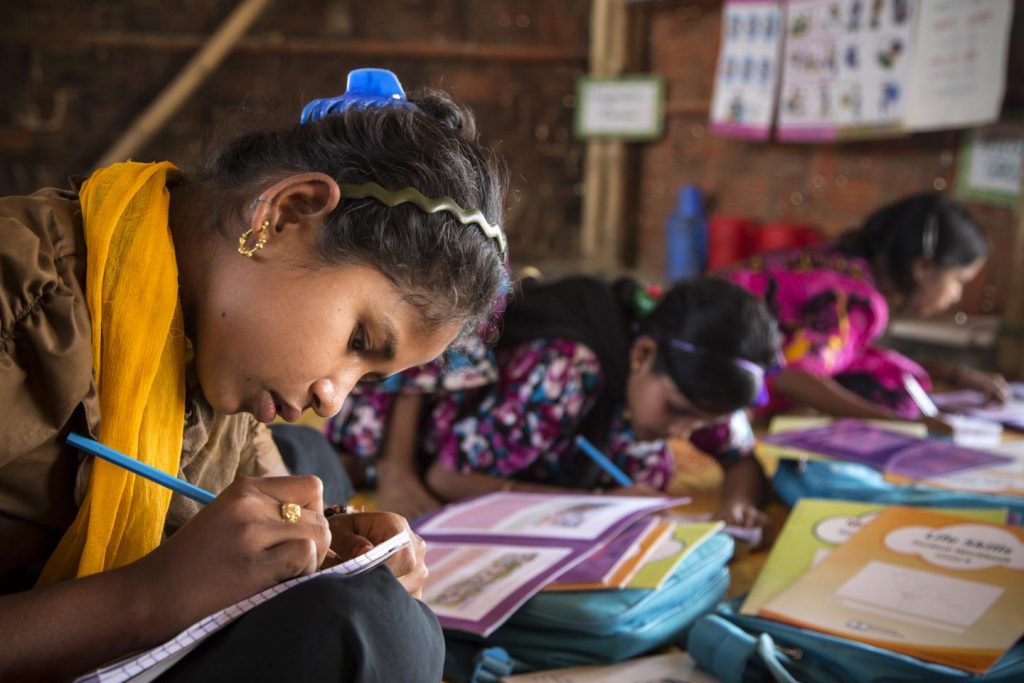 societies and humanity at large. A key part of this empowerment is through education. There is so much an educated girl can achieve – a good job, higher income, healthier children, and improved wellbeing for her family and community. Girls with education can pursue meaningful work and contribute to their country’s economy later in life. They are also four times less likely to get married young when
societies and humanity at large. A key part of this empowerment is through education. There is so much an educated girl can achieve – a good job, higher income, healthier children, and improved wellbeing for her family and community. Girls with education can pursue meaningful work and contribute to their country’s economy later in life. They are also four times less likely to get married young when 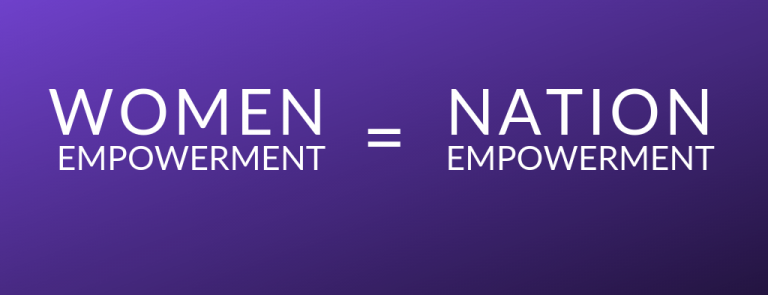 they have eight years of education, meaning that they and their families are healthier.
they have eight years of education, meaning that they and their families are healthier.
Empowering girls is the key to economic growth, political stability and social transformation. Standing with and investing in women is an important start – from homes and schools, workplaces and communities. When women and girls are supported, they gain opportunities to speak up for their rights and advocate for their communities, rise in social standing and positively contribute to future generations. This means women’s organisations, women empowerment policies and women’s charities can gain momentum and contribute to a stronger world. Healthy, educated and empowered women and girls represent change.
Crafting and executing a concrete policy framework, dispersing civic awareness and education can usher in the desired missions in eradicating the plight of women in India. The realm of women empowerment in India is limited to granting balanced rights to women. It should not stop there. It should also assure that they are ingrained and rightful partners in the workforce.
Women Should Have Power Over Themselves, Not Power Over Men
Women empowerment in India is the most effective tool for development, as these days, women across the world are actively working as leaders and surpassing others in all spheres of life.
Women empowerment in India is dependent, up to a great extent, on numerous different variables encompassing geographical setting (urban/rural), social status (caste and class), educational status, and age factor. Actions on women empowerment exist at the State, local (Panchayat), and national levels. However, women encounter gender differentiation in 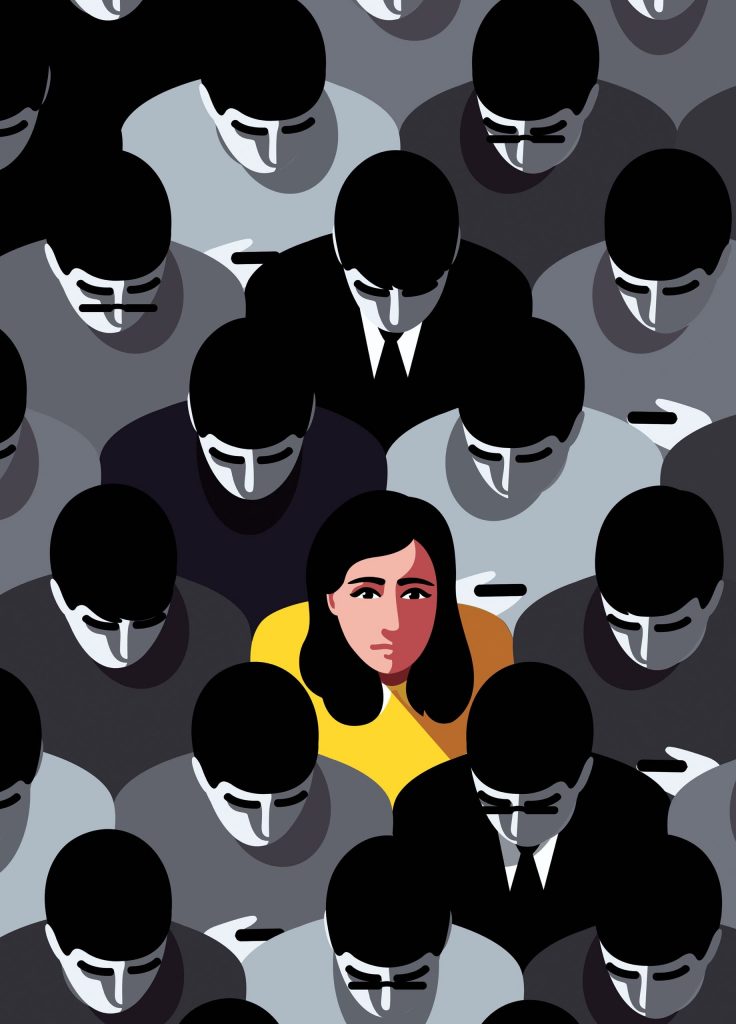 most sectors like education, economic opportunities, health and medical assistance, political participation. This demonstrates the substantial gaps between strategy advancements and actual exercises at the community level.
most sectors like education, economic opportunities, health and medical assistance, political participation. This demonstrates the substantial gaps between strategy advancements and actual exercises at the community level.
Crafting and executing a concrete policy framework, dispersing civic awareness and education can usher in the desired missions in eradicating the plight of women in India. The realm of women empowerment in India is limited to granting balanced rights to women. It should not stop there. It should also assure that they are ingrained and rightful partners in the workforce.
The term women empowerment is all about authority, or the power embarked on women sharing indistinguishable rights. It refers to the liberation of women from socio-economic restraints of reliance. Women comprise around 50 per cent of the country’s population, and a bulk of them stays economically dependent on each other without employment.
We must also have open discussions with women from rural and underserved regions and understand and know how they feel about women’s empowerment. Are their views taken into consideration? We should be able to guide them to a safe and healthy place. Are we trying to do that? Women from rural and urban areas need to communicate with each other – to exchange views and balance their approaches. What is it that women want when they think of empowerment?
Women are known for delivering multiple roles effortlessly per day, and thus, they are considered the backbone of every society. Living in male-dominated societies, women play a wide range of roles – caring mothers, loving daughters, and capable colleagues. The best part is that they fit the bill perfectly in every role. Nonetheless, they are also a neglected group in different parts of the world. It has resulted in them surviving the brunt of unevenness, financial trustworthiness, oppression, and distinct social evils. Women have been residing under the shackles of enslavement for centuries now, impeding them from attaining professional and personal highs. Therefore, training and empowering impoverished young girls will uplift the nation if it is taken up seriously by policymakers.
I have been pondering over the way sometimes women’s empowerment is misconstrued. Women empowerment is the need of the hour though there are times when we push the envelope too far that we shove the feminist agenda to dangerous grounds. There are times when men are mistreated, and their voices are not heard. Justice should be done logically without any gender bias. Many a time, this ‘empowerment’ is being weirdly portrayed. I believe we should not take undue advantage of our gender either. Each of us has to play our roles equally.
We must also have open discussions with women from rural and underserved regions and understand and know how they feel about women’s empowerment. Are their views taken into consideration? We should be able to guide them to a safe and healthy place. Are we trying to do that? Women from rural and urban areas need to communicate with each other – to exchange views and balance their approaches. What is it that women want when they think of empowerment?
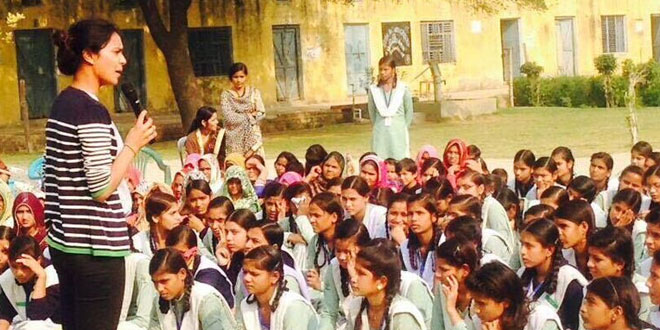
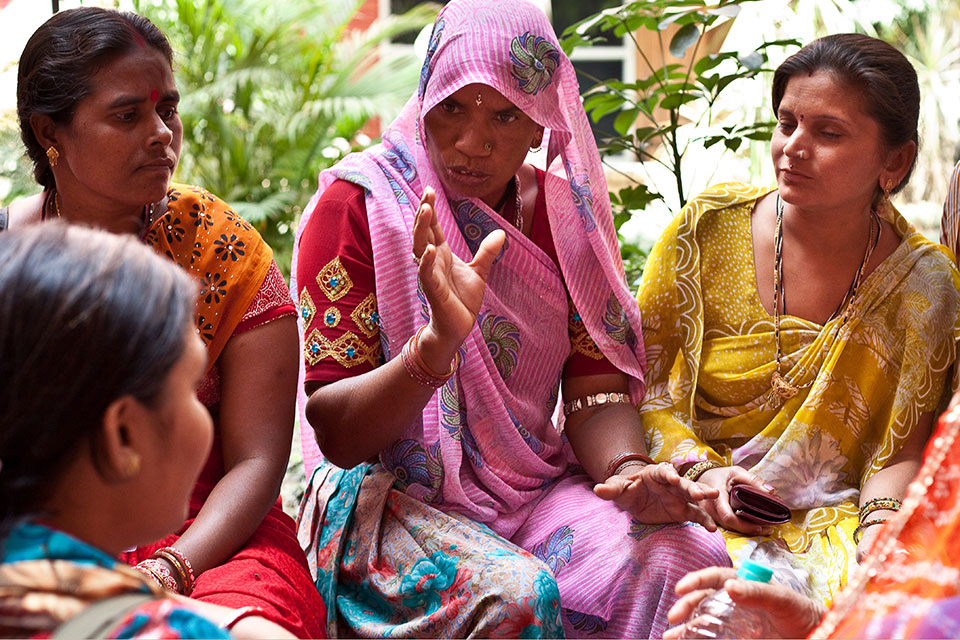
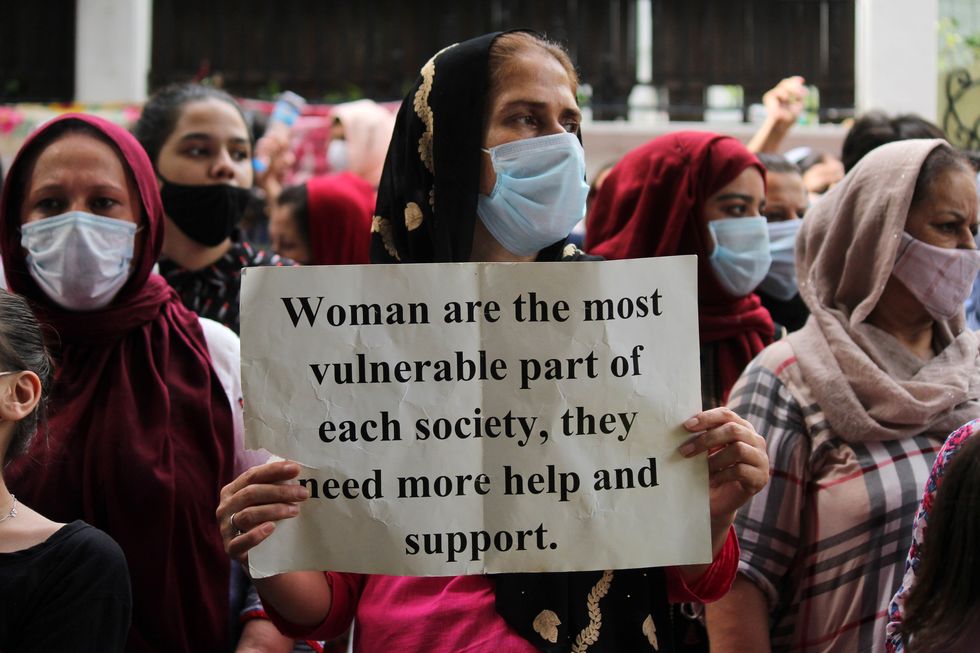 There needs to be a logical system put into place so women can stand on their feet and respect themselves first as humans. In the age of feminism, a small portion of women in India are freed and can employ their free will and are permitted to carve out their lives the way they want. But there is a considerable division of women in our nation who require optimistic support. In most Indian villages and semi-urban cities, women are still denied fundamental education and are authorised to cease continuing higher education despite amassing the understanding required.
There needs to be a logical system put into place so women can stand on their feet and respect themselves first as humans. In the age of feminism, a small portion of women in India are freed and can employ their free will and are permitted to carve out their lives the way they want. But there is a considerable division of women in our nation who require optimistic support. In most Indian villages and semi-urban cities, women are still denied fundamental education and are authorised to cease continuing higher education despite amassing the understanding required.
As a nation, we should get together to make a positive change through empowerment.







